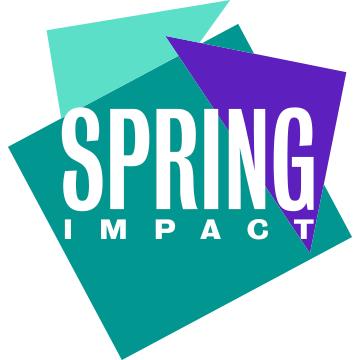Methodology
Our methodology – a combination of successful and proven commercial and social principles, methods, and approaches – supports our partners wherever they are along the 3 stages of the journey to impact at scale.
At every stage of the journey, we underpin our consultancy with lean principles – helping you test and validate your ideas and assumptions in the real world.
We are continuously applying this methodology across diverse sectors, geographies and cause areas, helping to shape the way leading global organisations and grassroots social ventures increase their reach, transforming the lives of those in need.

